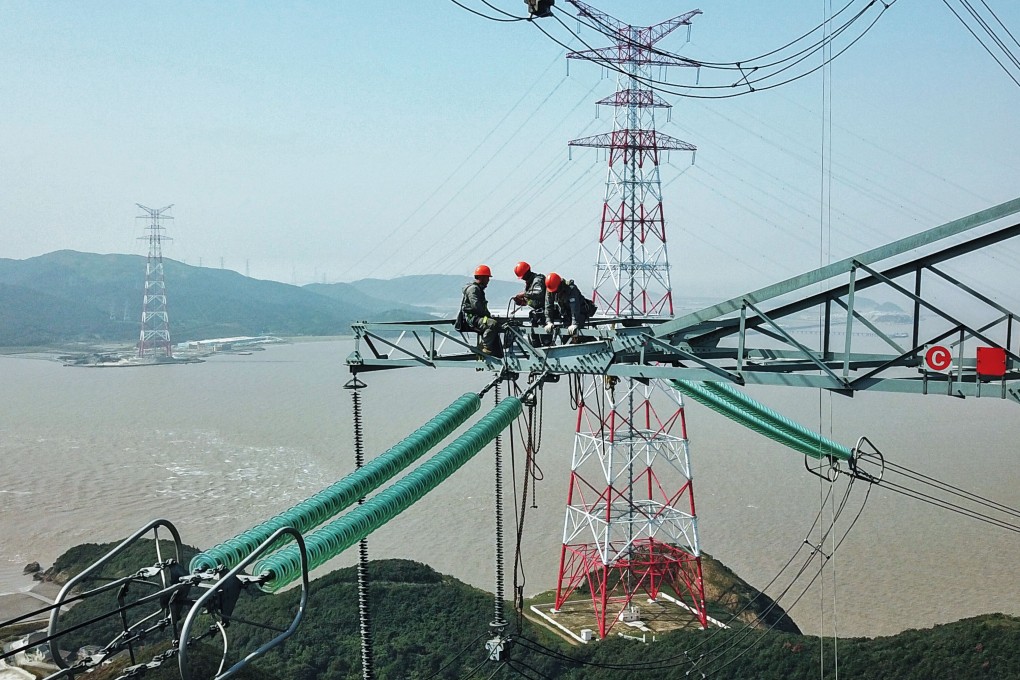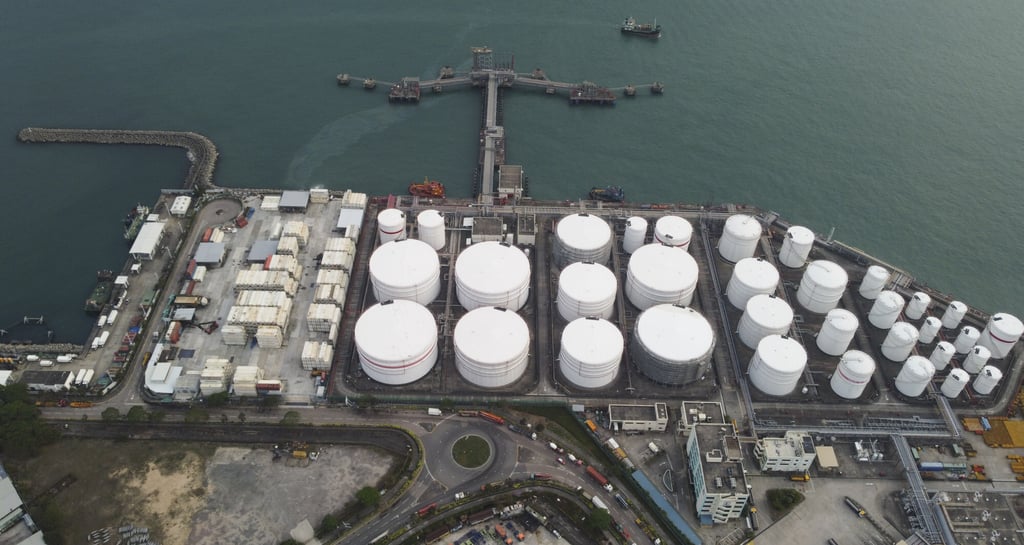Opinion | China’s much-maligned SOEs should be seen more as social enterprises
- The dominance of Chinese state-owned enterprises has become a source of friction with global markets
- But, as well as seeking maximum profits, they also play a special role by maintaining social stability, often behaving counter to market forces and hiring more in hard times

China is often maligned for the dominant role of state-owned enterprises in its economy. And, yet, SOEs operate in virtually every country in the world, numbering in the thousands in Germany, Italy and Russia, to name but three.
Not only do SOEs comprise one-third or more of the largest firms in emerging markets such as China and India, they are also among the largest corporations in advanced economies such as France and Italy. Worldwide, SOEs control more than half of oil and gas production.
And SOEs are growing in importance globally. According to the International Monetary Fund, SOEs have doubled in importance among the world’s largest corporations and their assets are now 20 per cent of the total. The 2018 value of such assets was US$45 trillion – equivalent to 50 per cent of global GDP.

